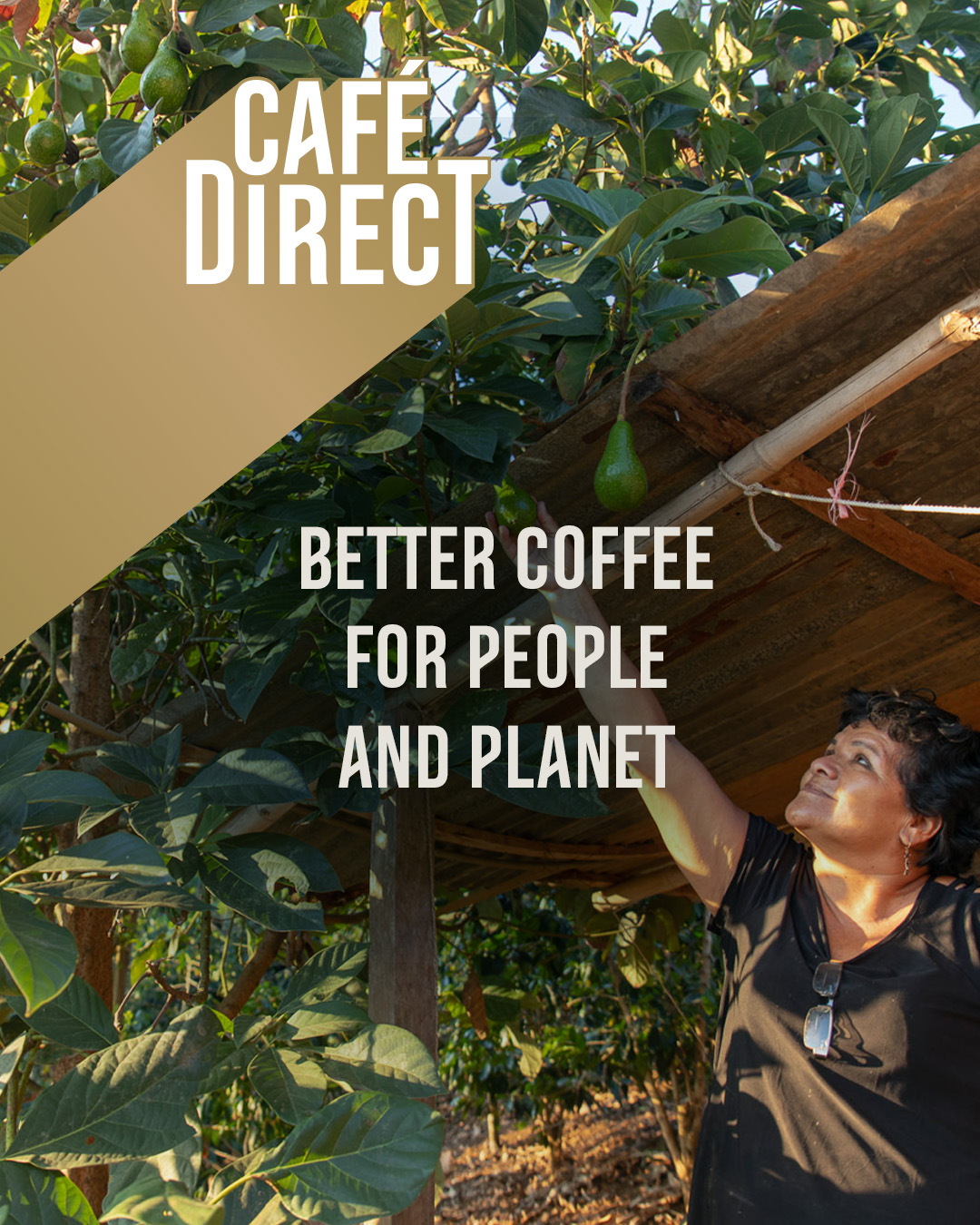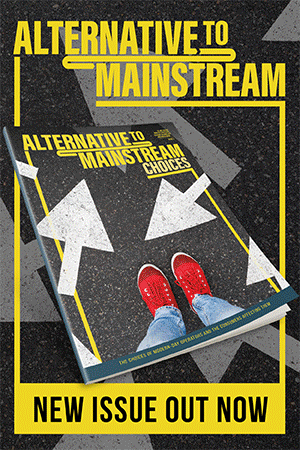Industry expert: Feeding the forces
Dale Hegarty, Sodexo government’s food service senior continuous improvement manager for the UK and Ireland, reveals how data-driven insights are transforming food waste management and driving meaningful behavioural change.

Food waste is one of the biggest contributors to climate change. The statistics are stark: according to the UN, nearly a third of all food produced globally goes to waste – a sobering reality that demands not just acknowledgment, but decisive action from large-scale catering providers.
Driving sustainable practices in our kitchens is a core element of Sodexo’s social impact pledge and our commitment to reach net zero by 2040. We have set deliberately ambitious targets when it comes to food waste, pledging to cut it by 50% by the end of 2025.
In 2021, we began the deployment of a food waste measurement system across our government defence portfolio, which serves up 7m meals to UK Armed Forces personnel every year. The programme – called WasteWatch – brings in operational and behavioural changes to track and tackle avoidable food waste.
Five areas
Our approach categorises waste into five areas: plate waste, expired prepared food, overproduction, trim waste and spoilage. The LeanPath tracking system we've implemented isn't merely measuring waste, it's providing insight that drives decision-making at every level of our operation.
It gives a snapshot of what's being thrown away, why, and at what cost – both financial and environmental. This data provides a deep insight into where effective actions can be taken at individual location level, allowing teams to set achievable targets that maintain engagement and momentum.
Using this tracking system has fundamentally changed how we monitor and measure our food waste. But technology alone isn’t enough to deliver the scale of change we need – the behavioural change component is critical.
WasteWatch has captured the hearts and minds of our people; a corporate objective has been embraced and has become a collective mission. Our approach has been to encourage and communicate, and this has created a positive atmosphere of healthy competition among our contract sites and sparked a cultural shift.
The numbers
The numbers tell a compelling story. Across 56 sites, we've prevented 85,069kg of food waste in the past year alone – a 31% reduction that saved the equivalent of 156,287 meals and avoided 593 metric tons of CO2. Since 2021, we've prevented over 225,000 kg of waste, equivalent to more than 415,000 meals. Our highest-performing sites have achieved reductions exceeding 60%.
The partnership aspect is crucial too. Working with the Ministry of Defence toward shared sustainability goals means our data fuels honest conversations about patterns and potential solutions. Only by changing mindsets and behaviours on both sides – how we prepare food and how it's consumed – can we achieve maximum impact.













